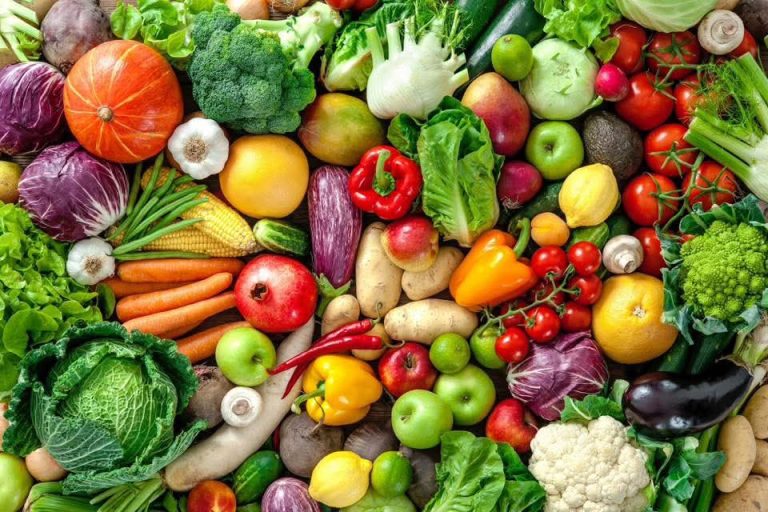The Federal Government has once again cautioned farmers and food vendors against using harmful substances to process and preserve food, stressing the grave health risks to consumers.
The Executive Vice Chairman of the Federal Competition and Consumer Protection Commission (FCCPC), Olatunji Bello, gave the warning on Wednesday at a One-Day Sensitisation Programme on Forced Palm Oil, Ripening of Fruits, Contaminated Meat and Grains in Enugu.
Addressing farmers, food processors, vendors, and business owners, Bello described them as critical players in the nation’s food security and public health. He urged them to avoid harmful chemicals in food processing, uphold hygiene standards at every stage of production, and ensure proper labeling and packaging in line with national and international standards.
Bello decried the increasing use of dangerous substances such as calcium carbide for artificial fruit ripening, and other toxic additives including bromate, Sudan red colorant, sniper, and formalin. He explained that such practices expose consumers to life-threatening risks, undermine trust in food systems, and tarnish the reputation of businesses.
“These practices not only endanger the lives of millions of Nigerians but also erode consumer trust and sabotage the integrity of our food systems,” he warned. “Upholding food safety and quality is not only a legal obligation but also a moral duty.”
According to him, the FCCPC has already shut down facilities, sanctioned offenders, and prosecuted cases of hazardous food practices through market surveillance, consumer education, and enforcement.
Also speaking, Dr Leonard Omokpariola, Director of Chemical Education and Research at NAFDAC, described forced fruit ripening with calcium carbide as a serious national challenge, warning that it produces poisonous gases linked to cancer, kidney failure, and other deadly health issues.
Mr Yahaya Kudan, FCCPC’s Director of Consumer and Business Education, noted that rising cases of food adulteration continue to threaten consumer confidence in the food sector but assured that the Commission remains committed to ensuring safe, high-quality food.
Enugu State Commissioner for Agriculture and Agro-Industrialisation, Patrick Ubru, added that improper chemical use, poor hygiene, and inadequate storage were major drivers of food contamination. He pledged the state’s commitment to ensuring that only safe food reaches consumers.
Meanwhile, the Enugu State Chairman of the All Farmers Association of Nigeria (AFAN), Romanus Eze, expressed concern that farm produce harvested naturally often gets contaminated by middlemen before reaching final consumers.


